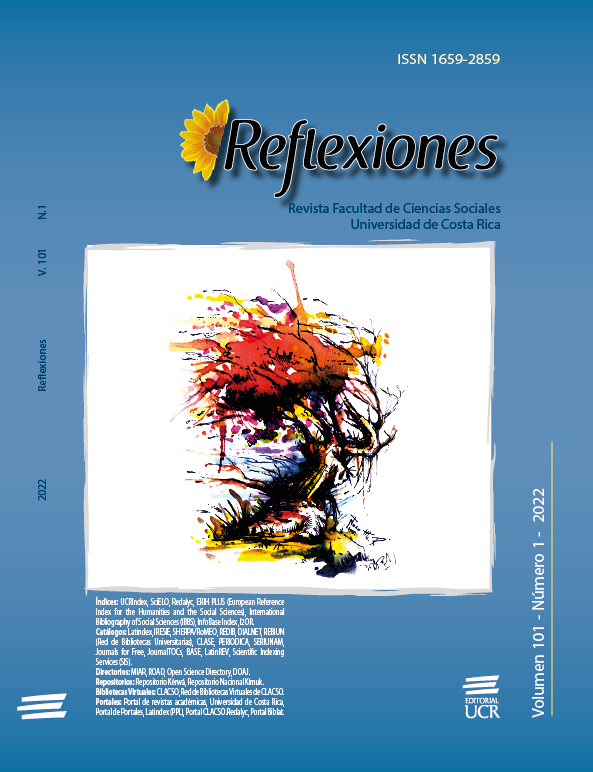Abstract
Introduction
In the context of the Chilean Social Outbreak, a social protest that occurred since October 18, 2019, the organization of neighborhood resistance Assembly Nueva Vulva was articulated, a community space that subverted the violence exerted by the Forces of Order and raised creative and innovative production practices of the common from Ground Zero of the conflict.
Objective
In this context, the study aims to systematize and analyze the experience of the Nueva Vulva Assembly from a feminist perspective, delving into the resistance practices deployed in both public and private spaces.
Method and technique
Given the qualitative nature of this study, the method used was participant observation, incarnated and situationally recording the community network process.
Results
By way of results, it is considered that this neighborhood experience constitutes a socio-community praxis that reveals mechanisms of production of the common in the midst of social revolt, shedding light on the social transformation through which contemporary Chile is passing and the significant contribution of feminisms as a perspective of analysis to delve into the body and living.
Conclusions
The Chilean Social Outbreak generated multiple transformations necessary to make visible and analyze, in order to reveal community experiences that are formed as the basis for a society that puts the care of life at the center.
Comments

This work is licensed under a Creative Commons Attribution-NonCommercial-ShareAlike 4.0 International License.
Copyright (c) 2021 María Belén Tapia de la Fuente


